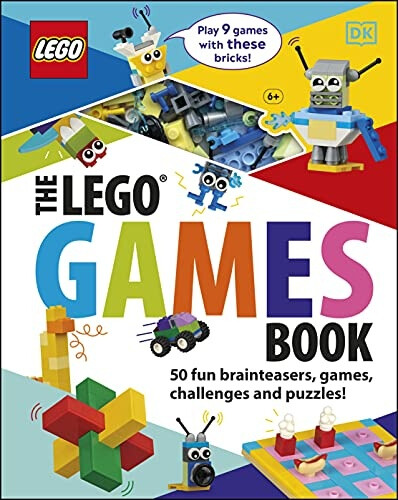

It is weak because the receiver's payoff is 0 whether he accepts or rejects. The unique subgame perfect equilibrium is ( S=0, Accept). If the receiver rejects the offer, both players get zero. If the receiver accepts the offer, the proposer's payoff is (1-S) and the receiver's is S. Suppose the proposer chooses a share S of a pie to offer the receiver, where S can be any real number between 0 and 1, inclusive. The ultimatum game is also often modelled using a continuous strategy set. This would have two subgame perfect equilibria: (Proposer: S=0, Accepter: Accept), which is a weak equilibrium because the acceptor would be indifferent between his two possible strategies and the strong (Proposer: S=1, Accepter: Accept if S>=1 and Reject if S=0). For example, the item being shared might be a dollar bill, worth 100 cents, in which case the proposer's strategy set would be all integers between 0 and 100, inclusive for his choice of offer, S. A more realistic version would allow for many possible offers. The simplest version of the ultimatum game has two possible strategies for the proposer, Fair and Unfair.

So, the first two Nash equilibria above are not subgame perfect: the responder can choose a better strategy for one of the subgames. In both subgames, it benefits the responder to accept the offer. The theory relies on the assumption that players are rational and utility maximising. A perfect-subgame equilibrium occurs when there are Nash Equilibria in every subgame, that players have no incentive to deviate from. The above game can be viewed as having two subgames: the subgame where the proposer makes a fair offer, and the subgame where the proposer makes an unfair offer. However, only the last Nash equilibrium satisfies a more restrictive equilibrium concept, subgame perfection. The proposer makes an unfair offer the responder would accept any offer.The proposer makes an unfair offer the responder would only accept an unfair offer.The proposer makes a fair offer the responder would only accept a fair offer.So, there are three Nash equilibria for this game: Meanwhile, it benefits the proposer to make an offer that the responder will accept furthermore, if the responder would accept any offer, then it benefits the proposer to switch from a fair to an unfair offer. It always benefits the responder to accept the offer, as receiving something is better than receiving nothing. For each of these two splits, the responder can choose to accept or reject, which means that there are four strategies available to the responder: always accept, always reject, accept only a fair split, or accept only an unfair split.Ī Nash equilibrium is a pair of strategies (one for the proposer and one for the responder), where neither party can improve their reward by changing strategy. There are two strategies available to the proposer: propose a fair split, or propose an unfair split. The argument given in this section can be extended to the more general case where the proposer can choose from many different splits. Both players know in advance the consequences of the responder accepting or rejecting the offer.įor ease of exposition, the simple example illustrated above can be considered, where the proposer has two options: a fair split, or an unfair split. If the responder accepts, the money is split per the proposal if the responder rejects, both players receive nothing.

Once the proposer communicates his decision, the responder may accept it or reject it. The proposer is tasked with splitting it with another player, the responder (who knows what the total sum is). One player, the proposer, is endowed with a sum of money. An early description is by Nobel laureate John Harsanyi in 1961. The ultimatum game is a game that has become a popular instrument of economic experiments. Player 1 can offer a fair (F) or unfair (U) proposal player 2 can accept (A) or reject (R). Extensive form representation of a two proposal ultimatum game.


 0 kommentar(er)
0 kommentar(er)
